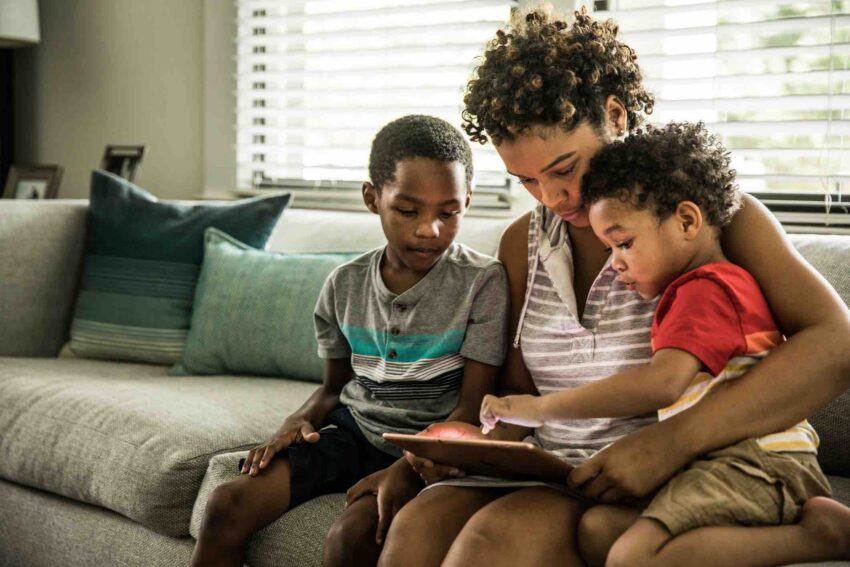JUST 60 OF the 3,570 looked after children who were adopted in England during 2019, were Black or Black British, data from the Department for Education (DfE) shows.
According to a recent Adoption UK report, less than 5% of adoptive parents come from Black, Asian and minority ethnic (BAME) backgrounds, and of those only a quarter identified as Black.
Assumptions about the types of people that can adopt, and Black people’s mistrust of authorities can be barriers. However, the problem isn’t always a lack of Black adoptive parents.
Camille* who wanted to adopt, spoke to The Voice anonymously about her experience of being rejected. She believes social services discriminated against her, and filed a complaint with the ombudsman which was upheld.
When she was being vetted for adoption, she felt she was being “investigated by the FBI.”
Though she recognises the importance of making sure potential adoptive families are safe, she thinks these attitudes can damage the trust of potential Black adopters.
Adoption UK is calling for improvements to the adoption assessment process, which they say is sometimes overly intrusive.
One short term solution to the lack of Black adoptive parents, is mixed ethnicity adoptions.
Mike Rebeiro, Adoption UK’s chair of trustees, said: “As an adoptive parent of dual-heritage, I strongly believe that no child should be waiting in care because of the colour of their skin.
“Interracial adoption can be hugely successful.”
But there are obvious benefits to placing a child, who may already be dealing with identity issues, with a family that looks like them and is well-placed to support their cultural identity.
Francess Lusack is a single adopter of Jamaican and West African heritage. She is the proud parent of a daughter who like herself, is of dual heritage.
At first, her local social services team told Francess that she could not adopt her now-daughter. However, later on the girl’s social worker invited Francess to adopt the child, who she was already fostering. But this was not the end of the process.
A senior social worker intervened and stopped the adoption. It was claimed that because Francess is Black British West African and Caribbean, she would not be able to meet the cultural needs of her Black British East African daughter.
In the end, Francess filed independently with the court to complete the adoption. This meant she had to cover the administration costs herself.
Francess echoed Camille’s* sentiments, about how Black adopters trust can be eroded by the current system. She believes adoptive services need to better reflect society.
For her, it’s important that the government and local authorities do more to bridge the gap. Too many still think adoption is only for people with fertility issues, or those who are retired.
She says adoptive services “are not telling the story well enough to get Black people to come forward.”
Now, she works with Adoption UK and calls for more investment into social services, and better training for social workers. Though, she feels they also need to be held accountable.
Francess explained: “I would like to see a system which listens to needs of both the child and potential parents.”
It’s that mindset she uses as she raises her own daughter, who is of Somalian Kenyan heritage. They visit the countries they originate from together, eat cultural foods and talk about Black history.
Speaking to You Can Adopt, she said: “The best thing about adopting is knowing that you’ve made a constructive change to someone’s life and that they have done the same for you.”
*Name has been changed to preserve anonymity


Comments Form